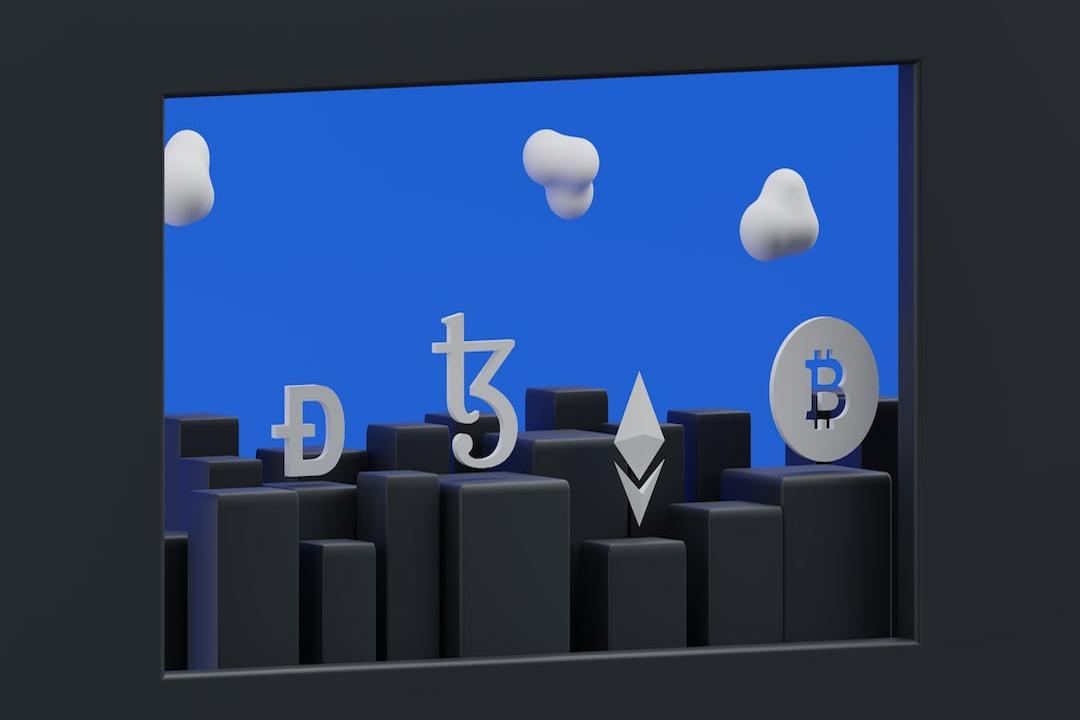The hype surrounding the metaverse may have waned, but some major brands are still launching innovative new virtual worlds.
In October 2021, Mark Zuckerberg made a significant announcement that Facebook would rebrand as Meta. This move was driven by his belief that the metaverse represented the future of the tech giant, envisioning virtual worlds where people could work and play. However, Meta, which also owns Instagram and WhatsApp, has faced challenges in this endeavor. Despite pouring billions of dollars into building its metaverse, little has been achieved. The aggressive investment continues, with Reality Labs, the Meta division responsible for bringing this technology to life, losing $3.8 billion in the first quarter of this year. The focus has also shifted towards artificial intelligence.
Numerous other companies have made significant investments in the metaverse, with varying degrees of success. Disney was particularly optimistic, with ex-CEO Bob Chapek declaring it to be “the next great storytelling frontier.” Nevertheless, the entire department tasked with making this vision a reality was abruptly shut down in a round of layoffs last year. Despite this setback, Disney invested $1.5 billion in Epic Games in February to create a “new persistent universe,” without explicitly mentioning the term “metaverse.”
While the rise of AI has overshadowed the buzz surrounding virtual worlds, reports of the metaverse’s demise have been greatly exaggerated. Major projects continue to be announced regularly.
McMetaverse:
McDonald’s Singapore recently unveiled a new virtual world called My Happy Place within the fast-food giant’s app. Users have been promised the opportunity to win exclusive prizes, merchandise, and a year of free meals. Some of the games available invite players to build a burger or design their dream restaurant. There are also perks for the owners of NFTs based on McDonald’s famous purple character Grimace, released last year, as they can unlock special wearables not available to anyone else.
IKEA:
In June, Swedish home furniture retailer IKEA is launching a virtual universe on Roblox, marking the brand’s first foray into mainstream gaming. The Co-Worker Game will allow players to experience working at IKEA and move across departments. The levels are inspired by the real-life roles performed by staff and include rearranging showrooms and serving up meatballs. In a surreal twist, a small number of gamers will be paid £13.15 an hour for participating, equivalent to the living wage paid to workers in London. IKEA aims to attract a new generation of co-workers and showcase ample opportunities for career progression within its business.
Wales in the Metaverse:
Skeptics dismissing virtual worlds as a passing trend have been proven wrong by the government of Wales in the United Kingdom, becoming the first European country to establish a presence in the metaverse. Hosted on Spatial and created by the national tourism board, the platform offers visitors a taste of the destinations and attractions available in real life. Players can roam around a historic castle to find a hidden map, take a cable car ride from one side of the metaverse to the other, and admire an amphitheater where authentic Welsh music is performed. Importantly, a VR headset is not necessary to participate, as it is also available on smartphones, tablets, and laptops. Tourism minister Hannah Blythyn expressed optimism about the project.
With each of these recent projects, it is evident that there is still enthusiasm for building in the metaverse. As virtual reality headsets become more affordable and efficient, there is a good chance that curious consumers will be more enthusiastic about taking the plunge.

